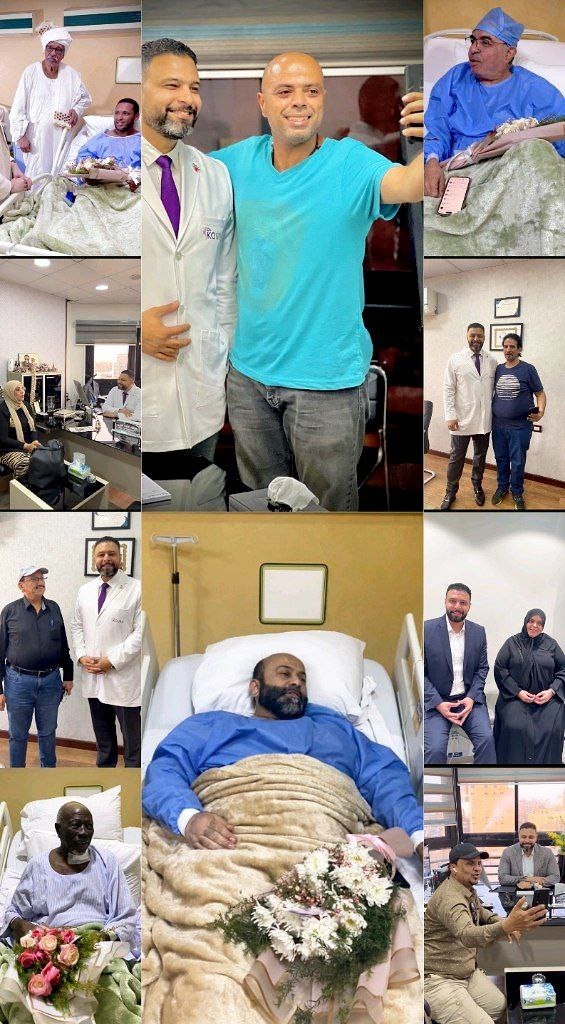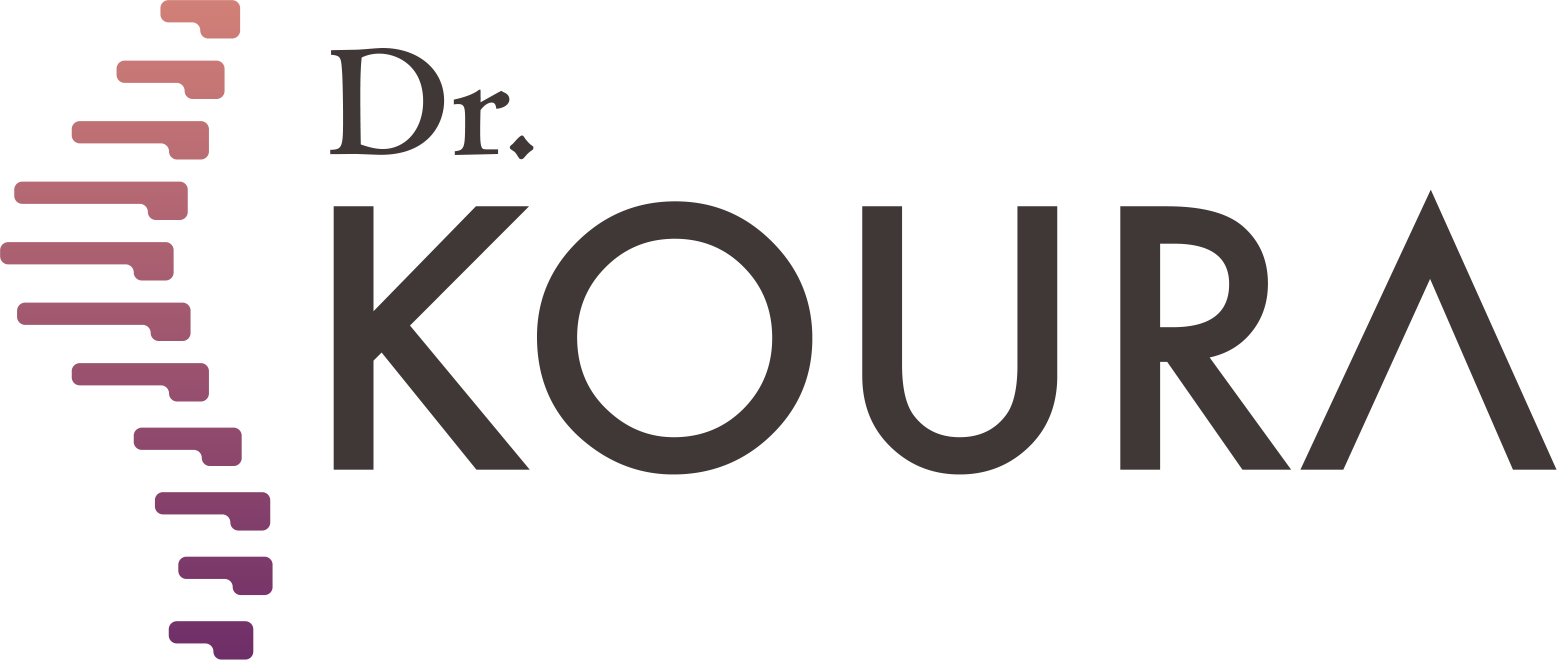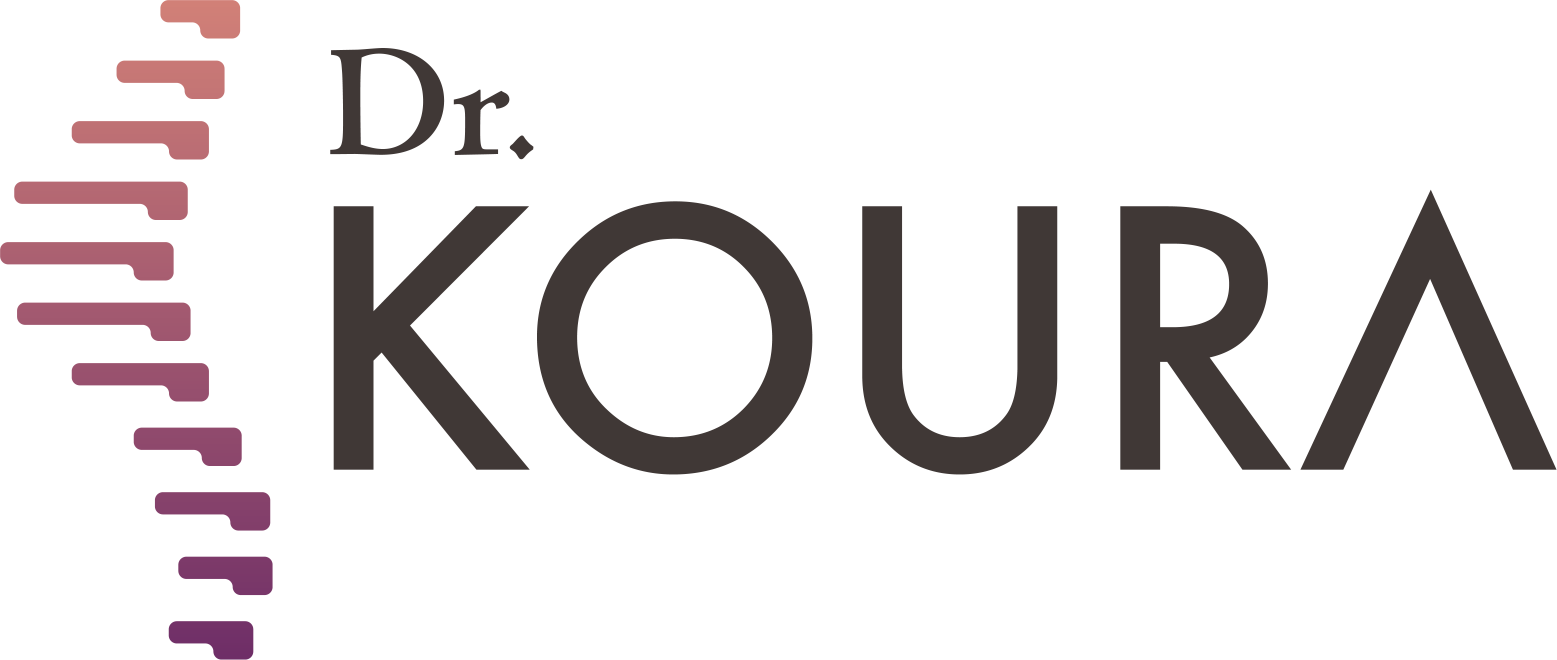
To see patients' reviews
Click hereKnee problems: causes and modern treatment methods
-webp.webp)

Knee problems are among the most common bone diseases worldwide, affecting both men and women at all ages. The most common of these problems is knee osteoarthritis, which causes chronic pain and difficulty with movement that can directly impact daily activities and quality of life.
In this article, we will discuss the most important causes and symptoms of knee osteoarthritis, the latest treatment methods for knee problems, and how to choose the best doctor to treat knee problems for comprehensive medical care and guaranteed results.
What is knee osteoarthritis?
Knee osteoarthritis, or "cartilage wear," is a medical condition resulting from the wear and tear of the cartilage lining the joint, which is responsible for preventing bone friction during movement. With the erosion of the cartilage, the patient begins to feel severe pain, which may be accompanied by stiffness, swelling, and difficulty bending or moving the knee freely. Knee osteoarthritis doesn't only affect the elderly; it can also appear in young people as a result of physical stress, strenuous exercise, or prolonged sitting.
Symptoms of Knee Osteoarthritis and Knee Problems
There are a number of common symptoms that indicate the presence of knee problems, such as:
Severe pain that increases with walking or climbing stairs.
Knee stiffness, especially upon waking up.
A clicking or grating sound within the joint.
Swelling or occasional warmth in the knee.
Weakness in the muscles surrounding the joint and an increased likelihood of sprains.
Difficulty performing daily activities such as sitting, standing, or exercising.
The presence of these signs requires consulting the best doctor for treating knee problems to obtain a proper diagnosis and begin early treatment.
Risk Factors for Knee Problems
There are many causes and factors that may lead to knee osteoarthritis or knee problems, including:
Aging.
Obesity and being overweight.
Genetics.
Practicing strenuous sports or lifting heavy weights.
Sitting or standing for long periods in incorrect positions.
Previous knee injuries or accidents.
Treatment Methods for Knee Problems and Osteoarthritis
The treatment approach for knee problems varies depending on the patient's condition and the degree of osteoarthritis progression. Treatment options include:
1. Conservative Treatment and Lifestyle Changes
Weight Loss to relieve pressure on the knee.
Exercises to strengthen the knee.
A healthy diet to support bone and cartilage health.
2. Drug Therapy
Anti-inflammatory medications.
Analgesics to reduce pain.
Nutritional supplements to support joint health.
3. Local Injections
Cortisone injections or plasma injections to treat knee problems, or hyaluronic acid injections to reduce swelling and improve knee movement.
4. Radiofrequency Therapy
Radiofrequency therapy is one of the best methods for treating knee problems, one of the latest techniques for treating knee problems without surgery.
Fine needles are inserted, connected to a radiofrequency device, to disrupt pain signals.
It is performed under local anesthesia and is considered a safe and effective procedure that provides rapid relief.
5. Surgical Intervention
This is used in advanced cases that do not respond to other treatments.
It involves cleaning the joint or replacing it with an artificial joint.
Can knee osteoarthritis be treated without surgery?
Yes, in many cases, symptoms can be controlled and knee problems treated using radiofrequency ablation or local injections. These are safe solutions that eliminate the need for surgery and help patients return to normal life pain-free.
How to choose the best doctor to treat knee problems?
When considering initiating treatment, it is important to choose the best doctor to treat knee problems who has experience in accurate diagnosis and uses the latest therapeutic techniques, such as radiofrequency ablation. Among the prominent names in this field, Dr. Muhammad Koura stands out as one of the best doctors specializing in treating knee osteoarthritis and joint pain using modern and safe methods. It is also preferable to visit the best center for treating knee osteoarthritis, where a specialized medical team and modern equipment are available to guarantee better results and comprehensive care.
Knee problems are common diseases that affect all age groups, but early diagnosis and follow-up with Dr. Muhammad Koura and the best center for treating knee osteoarthritis can significantly help avoid complications and restore mobility. If you're suffering from knee pain or osteoarthritis symptoms, don't wait until the problem worsens. Book a consultation with Dr. Mohamed Koura, the best doctor for treating knee problems, and receive a treatment plan tailored to your condition and restore your comfort and quality of life.
Dr. Mohamed Koura is here to assist you using the latest therapeutic techniques, including thermal radiofrequency and laser treatments for spinal pain without surgery—book your appointment now from here.
Why Choose Dr. Mohamed Koura ?
Simply because he is the best doctor in his feild. He stays updated on the latest treatment technologies through his participation in various international conferences with leading foreign doctors and experts. Finally, and most importantly, Dr. Mohamed Koura is the best doctor in Egypt and the Arab world, possessing 12 non-surgical techniques for treating spinal and joint problems. He was the first to introduce modern interventional treatment techniques in Egypt & the Middle East and is the only one using the disc fx technique to treat spinal pain.
To see patients' reviews
Click hereCertainly not, some cases must be treated surgically, and the most appropriate technique for the patient is determined through a medical examination and the presence of imaging studies.
No, it is necessary to make a reservation through a phone call or social media messages.
There are no risks or side effects associated with non-surgical pain interventions.
The patient needs only 3 to 4 days before they can travel comfortably, and the hospital stay does not exceed 6 to 8 hours.
A condition cannot be accurately assessed and a proper medical diagnosis made without a medical examination and recent imaging studies.
Yes, there are several payment methods available through Visa or electronic wallets by making a reservation on our website.
Certainly, obesity is one of the causes of knee osteoarthritis.
Radiofrequency activates the nerve and does not cause any damage to it.
Non-surgical interventions are a definitive treatment for some cases and pain relievers for other cases, which is determined by the doctor through a medical examination.
If the herniated disc is fully treated, there is a possibility of it reoccurring in some cases, such as not following the doctor's prescribed instructions after the intervention, experiencing an accident, or making a sudden wrong movement like lifting heavy objects.
The entire disc is not removed due to the presence of several risks and it may exacerbate the condition. Only the protruding part that causes pain is removed.
This cannot be done with radiofrequency, but it is performed through other techniques that Dr. Koura conducts.
The success or failure of non-surgical interventions cannot be judged through radiographic imaging because these procedures involve making subtle changes to critical parts to address the issue. Consequently, they do not produce significant changes to avoid potential complications in the future or damage to the spine and joints, which is our primary goal.
Spinal stenosis does not typically cause sciatica. In most cases, disc herniation is what may lead to sciatica. This does not necessarily mean that a patient with sciatica will also have spinal stenosis.
Sciatica may return if the patient does not adhere to the medical instructions provided by the doctor or in the event of an unexpected accident.
Lower back pain can result from several causes, including a herniated disc, nerve compression, muscle strain, or chronic spinal injuries. Lifestyle factors such as prolonged sitting, muscle weakness, and excess weight can also exacerbate the problem.
A life without pain without surgery
Once you book with Dr. Koura
Get rid of pain with just one call.. Book your appointment now with pain Management consultant Dr. Koura.






-webp.webp)




-webp.webp)
































